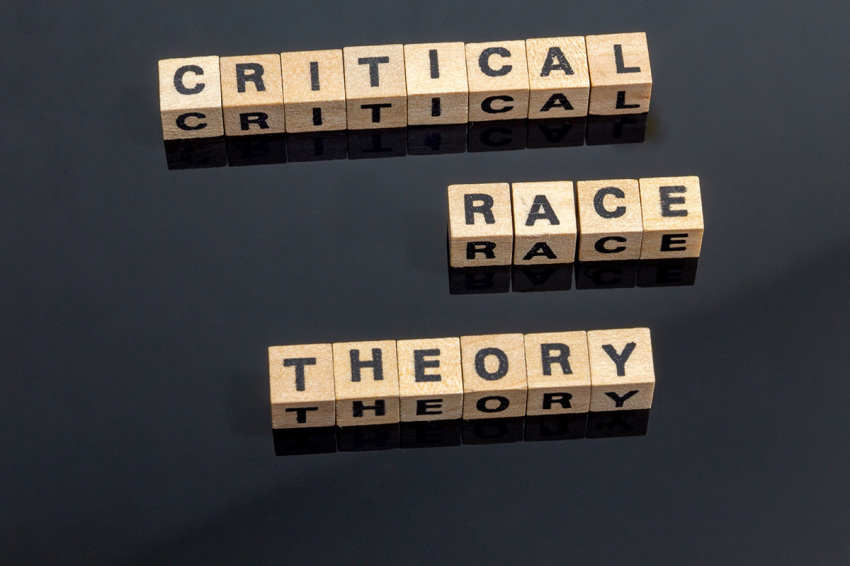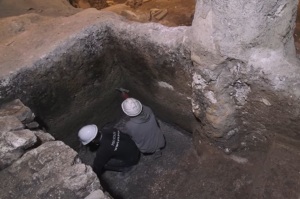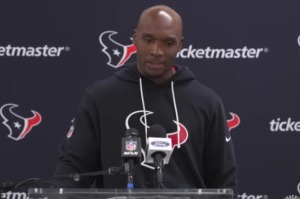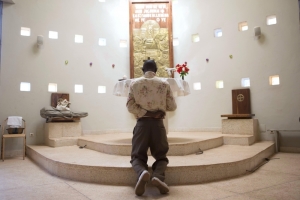Inside the rise of critical race theory: ‘Not justice at all’

We have been hearing these terms a lot lately coming from the leadership of many public schools across the United States.
“It’s a diversity initiative.”
“We are doing this to provide more equity and inclusion for our students.”
This all sounds great but the reality is our schools are training up a generation of students to view themselves as victims.
Sadly, many progressives today perpetuate the idea that we can fix our society by emphasizing opportunities and inherited guilt of people groups based on the color of their skin.
Leonydus Johnson, an African American, has been heavily criticized by progressives as a traitor to his own race for his views on Critical Race Theory (CRT).
“(In general), black people have a sense of collective victimhood,” says Johnson, who hosts the podcast “Informed Dissent with Leonydus.” “Whether or not they actually experienced any of it at all, it doesn’t matter. So, just because of your skin color, you are associated with this group over here, and you have to be a part of whatever the outcomes were. That’s not justice at all.”
Listen to him discuss these issues:
In his latest book, Raising Victims: The Pernicious Rise of Critical Race Theory, Leonydus explores Critical Race Theory’s influence on education and the media, explaining how colorblindness is the only way to achieve the society that Martin Luther King Jr. dreamed of … that we should be judged by the content of our character not the color of our skin.
“My hope is that we begin to move into a society where race just doesn’t matter,” Johnson explains. “It just doesn’t matter. We can just be individuals and we can see each other as individuals. We can treat race as an inconsequential aspect of our identity.”
Leonydus joins us on the Crossmap Podcast to talk about why critical race theory contradicts itself. Listen as he shares how people can reasonably have belief in Christian principles and in CRT at the same time and how focusing on race can change our identity and isolate us.



























